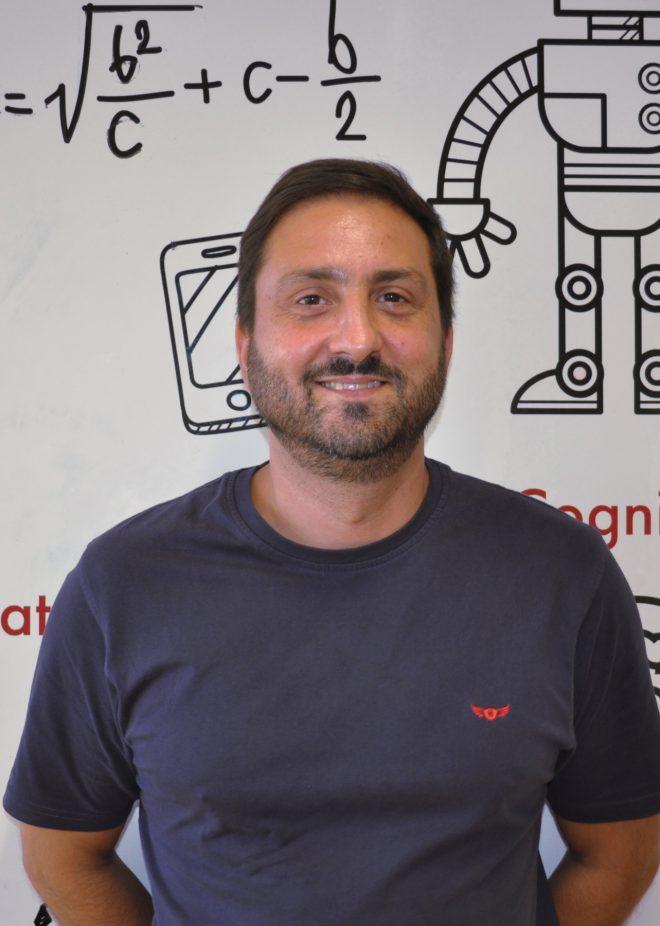| Acronym | POETICON++ |
|---|---|
| Name | Robots Need Language: A Computational Mechanism for Generalisation and Generation of New Behaviours in Robots |
| Funding Reference | EU-FP7-ICT-288382 |
| Dates | 2012-01|2015-12 |
| Summary | Handling novel situations beyond learned schemas or set behaviours is still a quest in engineering cognitive and embodied systems. Simply put, sensorimotor experiences in real world are non-finite and therefore powerful generalisation mechanisms are necessary for any agent to operate effectively in real-world environments. POETICON++ suggests that natural language can be used as a learning tool for: This is a new approach to behaviour and perception generalisation for artificial agents that capitalises on the use of a hierarchical and generative symbolic system for indexing (labelling) sensorimotor experiences at different levels of abstraction. Motivated by experimental findings on a common neurological basis between language, perception and action (a common syntax), POETICON++ suggests the use of natural language for generalisation and generation of sensorimotor syntactic structures. The main objective of POETICON++ is the development of a computational mechanism for such generalisation of motor programs and visual experiences for robots. To this end, it will integrate natural language and visual action/object recognition tools with motor skills and learning abilities, in the iCub humanoid. Tools and skills will engage in a cognitive dialogue for novel action generalisation and creativity experiments in two scenarios of everyday activities, comprising of (a) behaviour generation through verbal instruction, and (b) visual scene understanding. POETICON++ views natural language as a necessary tool for endowing artificial agents with generalisation and creativity in real world environments. Building on results from the POETICON project, it brings together an extended interdisciplinary group of experts for developing the first ever computational mechanism that will use language as a behaviour/experience generalisation tool. |
| Research Groups |
Computer and Robot Vision Lab (VisLab) |
| Project Partners | Fondazione Istituto Italiano Di Tecnologia (IT), Athena Research and Innovation Center in Information Communication & Knowledge Technologies (GR), Cognitive Systems Research Institute (GR), University of Plymouth (UK), The University System of Maryland Foundation, Inc. (US) |
| ISR/IST Responsible | |
| People |


